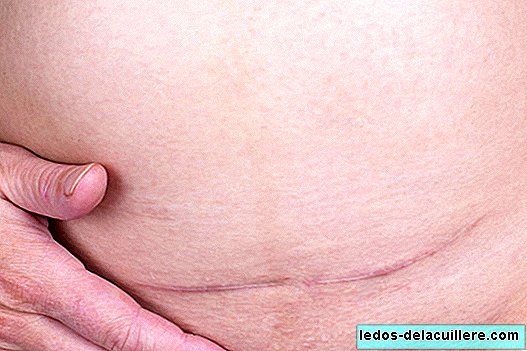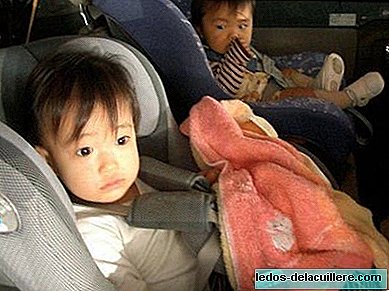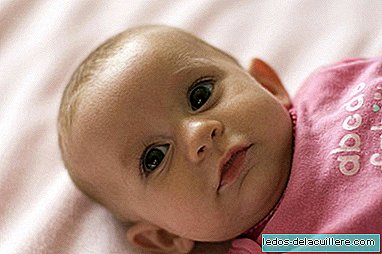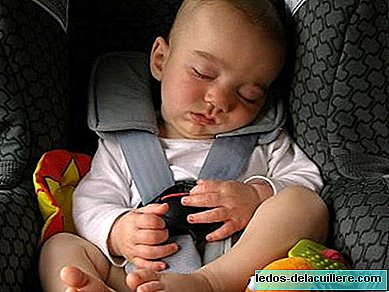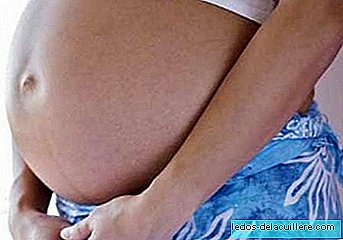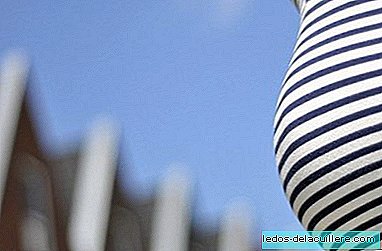 Updated 02/16/2018: Yesterday Carla has been discharged from the hospital and can lead a normal life. Great news!
Updated 02/16/2018: Yesterday Carla has been discharged from the hospital and can lead a normal life. Great news!It is a milestone for medicine in Spain that has managed to realize a group of doctors at the Gregorio Marañón University Hospital in Madrid. They have managed to perform the first infantile heart transplant in Spain with incompatibility of blood groups. A five-month-old baby received the heart of a donor whose blood group is incompatible with his, something that until now was impossible to do in our country.
Carla, which is what the baby is called, was born with a serious congenital heart disease that was diagnosed during pregnancy: left ventricular hypoplasia, a malformation of the caracetrized heart because the left side of the baby's heart does not develop properly.
After the malformation was detected, the mother had an exhaustive control of the pregnancy and as soon as the baby was born, she was included in the waiting list for a heart transplant.
When the girl turned five, an available donor appeared, that is when "from that same moment, the protocol of the new 'AB0 Incompatible' program was launched for the first time," says Beatriz Domínguez-Gil, director of the Organization National Transplant (ONT).
Incompatible blood groups
When you know that blood compatibility is key in transplants, how is it possible that it works in babies? The explanation is that children are born without antibodies or natural defenses that attack the characteristic features of blood groups other than their own, which is what causes rejection of the transplanted organ.
This means that while your immune system is still immature, during the first 15 months of life, your defenses remain low. Therefore, This incompatible blood group program can only be applied to babies, not in adults.
A difficult intervention
The intervention took place on January 9 and lasted less than four hours, something very important to guarantee the success of the transplant. "Time is key. If the surgical intervention with the stopped heart (ischemia) is performed in less than six hours, the transplant is feasible, but our challenge was four hours, so that success was almost guaranteed," argues Juan Miguel Gil-Jaurena, who directs the Children's Cardiac Surgery team at Gregorio Marañón Hospital.
"We got excited when Carla's heart started beating again. It's a moment of magic in which everyone who was present hoped it would go well and we didn't want to disappoint family members," Gil-Jaurena points out.
A team of more than 50 people, among cardiologists, surgeons, transfusionists, anesthetists, blood bank technicians, nurses and support staff.
The girl is admitted to the ICU recovering from the intervention and evolving very favorably. He does not need help to breathe and his heart works without medication, so doctors hope that in a couple of weeks he can go home.
Some 300 children have benefited from this transplant technique in the world, performed in countries such as Canada, the United States and Australia, for example.
They believe that with this novelty and seeing the success that has been the case of Carla, in Spain the number of these procedures in babies may be doubled and it will be possible reduce mortality from 75% to 5% on the waiting list of the most serious minors.


